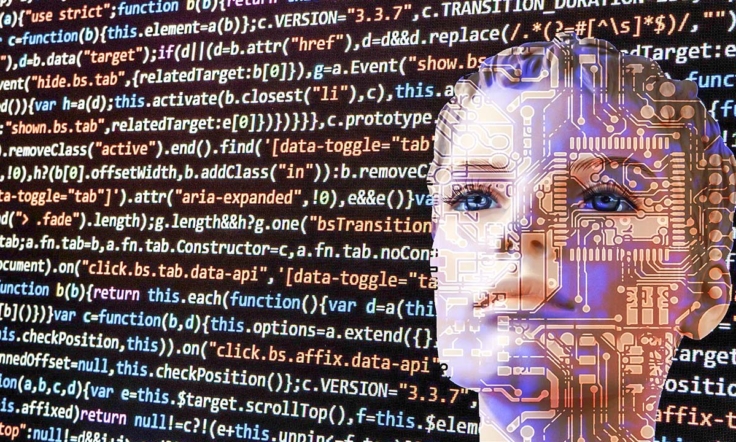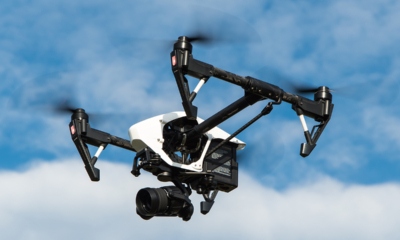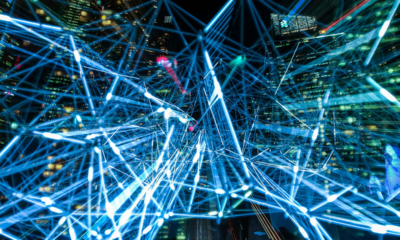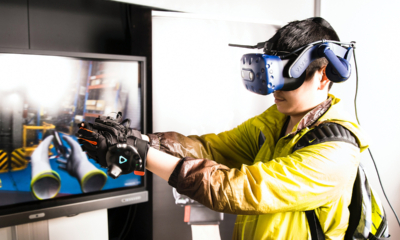
Today, with the development of technology, humanity continues to search for new ways to find out how the work that people do by their own wrist and mental power can be transferred to machines and computers. Along with the advancement of computer technology, as well as the simplification of the operations with the increase of the processing power, it allows the processing of these processes on the computer by imitating the work done by human physiology.
The human eye is responsible for collecting light reflected from objects and transmitting it to the brain. The transmitted light becomes meaningful after it is transmitted to the brain and processed in the brain. The process of collecting light and transforming it into a visual element began with the invention of the camera about 200 years ago. However, the invention and processing power of the computer had to be increased in order to process the image and make sense of the objects in the image, as the human brain did. Some attempts to do this in the 1960s allowed for real-time use of image processing as a technique only in the 1970s because computers were not sufficiently developed in 1960s.
Image processing is all of the operations that allow the user to extract useful information desired by performing a series of operations on an instant frame from an image. Computer images contain 3 colors (BGR) pixel information (gray, colorless images carry one information). This information is subjected to a series of operations with some mathematical, matrix calculations, it allows manipulations and changes on the image. As a result of these changes, the following information can be obtained from the image;
- The sharpness of the image can be increased and noise and other undesired elements can be removed.
- The size, scale or number of objects in an image can be determined
- Can be used to prepare images for printing or to print out after transferring pictures to the computer
- Images can be compressed and then returned to normal for communication over the network
The changes the image processing makes on the image are used in many areas in real time. For example in medicine; The diagnosis of the disease by improving the images taken from X-Ray devices, in industry; in the detection of the defective product, on highways; vehicle counting, in smart junction systems, in the defense industry; Image processing technology is used in subjects such as target detection, diagnosis and environmental awareness raising.
People working on image processing may experience some difficulties.
- Since image processing is mostly done in real time and due to the nature of the image, the changes in environmental conditions are reflected momentarily and suitable applications for such changes should be developed.
- It is not possible to detect objects very detailed with image processing. With image processing, roughly the size and color of the object can be determined, inferences about the actual meaning and condition of the object cannot be made. For this, artificial intelligence applications should be applied.





